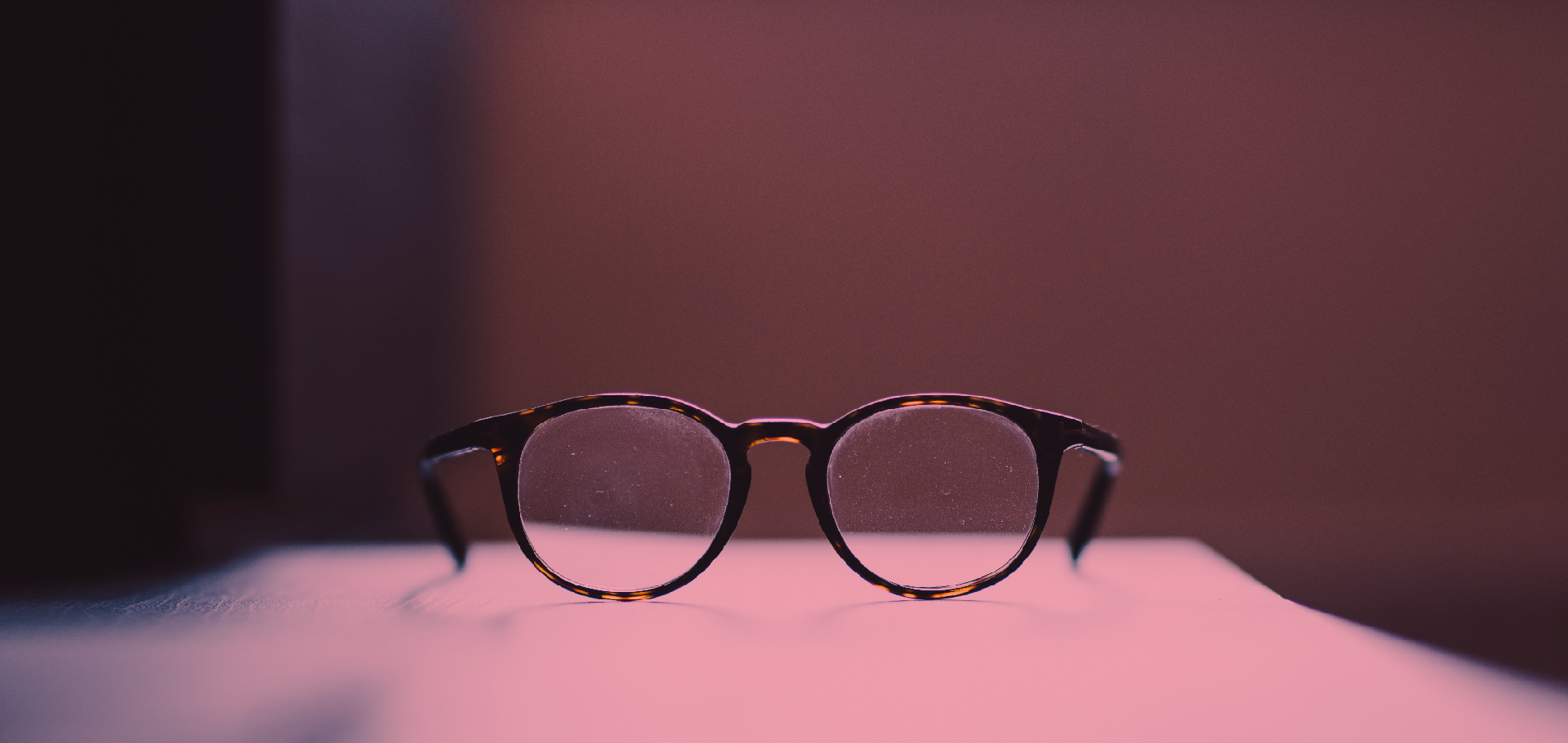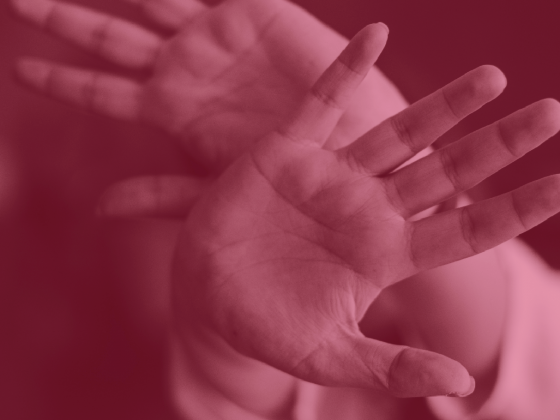Life in society is something primordial for human beings, it allows us to learn behaviors, values, rules, feelings and everything we know as individuals, so we can consider that we constitute ourselves as a person only in our relationship with others (Pichon-Rivière , 1998).
This condition provides us with different experiences that are sometimes good and trigger feelings such as love, belonging, acceptance and welcoming. However, when we do not understand and reflect on our social factor in a critical way regarding differences, we are faced with challenges and difficulties that circumvent inequality, segregation, judgment, devaluation, prejudice and exclusion.
When we address prejudice, embarrassment, social acceptance and even exclusion, we talk about situations directly linked to affectivity, as it is what permeates human relationships. Therefore, the situation of the subject when he suffers a discriminatory process, goes through a suffering outlined by social intersubjectivity, suffers from not being considered a subject of rights, from the lack of recognition as a human with feelings and desires (Sawaia, 1999).
In the midst of all this, how do we deal with these issues when our difference is literally under our skin? When do we attract curious looks at our body that seem to devour who we are and what we feel? How can I show myself to the world if sometimes it seems to close off my possibilities of living?
Although this writer does not have the same place of speech as the one who deals with urticaria on a daily basis, I propose to highlight reflections that contribute to a self-analysis of the situations mentioned here.
I believe that one possibility to transcend these questions would be acceptance. Even though this topic is disseminated daily on social media, Have you ever really stopped to think about who you are? And if you've already asked yourself this question, can we abstract and recognize what is good and what is bad in ourselves? What we can see clearly and what remains under the shadow that usually follows us without realizing it is there?
Acceptance is not only linked to recognizing what we are good at but also what we are bad at. Just as the rose blooms and materializes the beauty of its soft, light and soft petals, its stem is full of thorns that pierce and hurt, serving as a synonym for suffering and pain. She is neither one part nor the other, her constitution depends on both sides and her ambivalence defines what she is, joy and sadness, love and hate, softness and brutality. This paradigm is not only intended to raise the flags of good and evil that live within us, but rather to recognize that we are a totality, that we are complementary and dynamic.
In the same way that acceptance is directed towards mobilization beneath the skin, it also reflects on our outer life. It is true that social standards, mainly focused on beauty, end up suppressing almost all hope that we will be well seen by others, however this should not be the main starting point to define whether or not we should expose who we are and what we are like to the world. .
You have the right and the duty to be YOU, and only you can do that. If those who look at you are not prepared to see and accept you as a whole, it is probably because they have not yet come into contact with their own vulnerabilities, and are trapped in an imaginary of who they are. So, express yourself, show up, live and flourish, show your thorns.
Andre Felipe Valin Vieira
Psychology student
References:
PICHON-RIVIÈRE, E. The group process. São Paulo: Martins Fontes, rev. 1998.
SAWAIA, B. (Org.). The tricks of exclusion: psychosocial and ethical analysis of social inequality. 2. Ed. Petrópolis, RJ: Editora Vozes Ltda., 1999.



Recent Comments